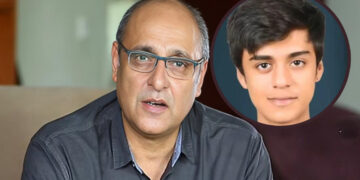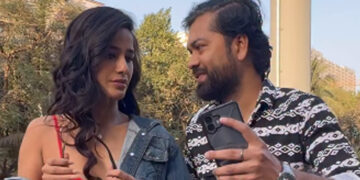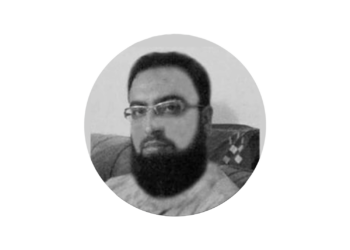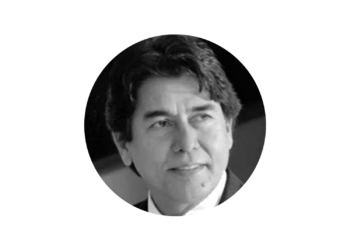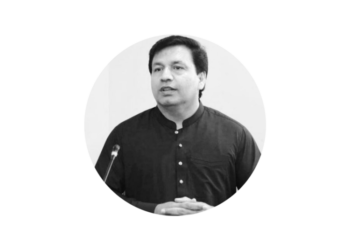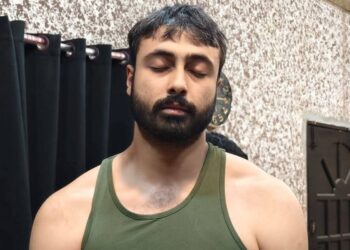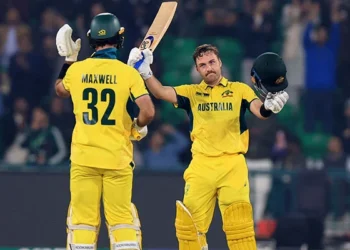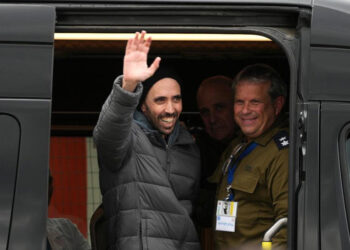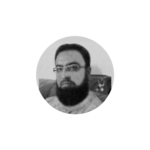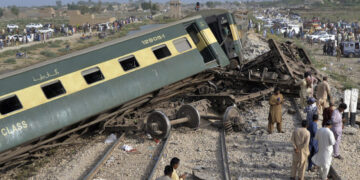![]() Follow Us on Google News
Follow Us on Google News
On October 26, 1994, a historic peace agreement was signed between Jordan and Israel. This agreement established a commitment from both countries to respect each other’s freedom, sovereignty, and security. Furthermore, diplomatic relations were solidified with the establishment of embassies in the capitals of both nations.
One noteworthy aspect of this development was Jordan’s hosting of two key Hamas leaders, Musa Abu Marzouq and Khalid Meshaal, and its function as the political headquarters for Hamas. Musa Abu Marzouq’s significance can be gauged by the fact that he was released from the United States with the assistance of King Hussein of Jordan. Upon his arrival in Jordan after his release, King Hussein extended a warm welcome in his palace.
Musa Abu Marzouq was not only skilled in public relations but also played a vital role in the re-establishment of Hamas. Just two and a half years after Hamas was founded in 1989, Israel conducted mass arrests and detained many of its leaders and important figures. It was Musa Abu Marzouq who played a key role in rebuilding Hamas and held the organization together until the rest of its leadership returned.
From this background, you must have guessed that Musa Abu Marzouq is senior to Khalid Meshaal. Before Khalid Meshaal, he was the political bureau chief of Hamas. One of the great achievements of Musa Abu Marzouq has been that he laid the foundation for the support of the Palestinian cause among non-Muslims in Europe and America. Interestingly, he was also an American citizen.
In 1997, Hamas carried out suicide attacks in Israel, killing twenty Israelis and injuring hundreds. Benjamin Netanyahu was the Prime Minister of Israel at that time. To retaliate against Hamas, a high-level Israeli meeting considered the need to eliminate a senior Hamas leader in response. The question arose: who should be targeted? Mossad presented two names: Khalid Meshaal and Musa Abu Marzouq. Benjamin Netanyahu called for the killing of the more senior of the two, Musa Abu Marzouq. However, Mossad disagreed, stating that Musa Abu Marzouq is an American citizen and not directly involved in any military activities. Killing him could create problems in the United States, with the FBI obligated to investigate and bring justice for the murder of an American citizen.
On the other hand, Musa Abu Marzouq often lives underground and does not have a fixed routine or location, making it difficult to locate and eliminate him. Khalid Meshaal is under constant surveillance in Amman, the capital of Jordan, and is an easier target. Thus, the order to kill Khalid Meshaal was issued by Netanyahu. This order suggests that the Israelis may be deviating from their commitment to agreements, as mentioned in the Holy Quran: “If you make a promise, don’t keep it. If you make a deal, don’t honor it.” Israel had signed a peace deal with Jordan only three years ago, and now they were potentially jeopardizing it on Jordan’s own soil.
Danny Yaton, who headed the Mossad at the time, was well aware that this move would be seen as an attack on the peace agreement itself. So, they adopted the strategy of “silent killing” for this purpose. It was decided to use poison instead of gunpowder for the murder, and it was decided that no evidence would be left behind. For this murder, a poison was to be used that would not show any symptoms during the first 24 hours. After 24 hours, it would target the brain, inducing a coma in the victim, and then 48 hours after the attack, it would destroy the entire brain, leading to the victim’s death. A six-member team was formed for this operation. The team members arrived in Jordan from Toronto, Amsterdam, and Paris using fake Canadian passports to avoid detection.
On September 25, 1997, Khaled Meshaal arrived at his office in a commercial building in Amman, the capital of Jordan, at ten o’clock in the morning. Two suspicious men were already waiting for him at the entrance of the building. Khalid Meshaal had noticed them sitting in a car but took the risk of approaching them, as it was a weekend, and his children were with him because their school was off. When Khalid Meshaal passed by the two suspicious individuals, one of them attacked him. Khalid Meshaal described the nature of the attack as follows:
“He used some kind of device that sent an electric current through my body. The target was my left ear, and there was a very strange high-pitched noise in my ear. As soon as he did that, they both ran away. I understood that there had been an attack, but I had not been shot or wounded by any sharp instrument. So, a few moments later, I was standing still, wondering what had happened.”
Khalid Meshaal was accompanied by a single unarmed bodyguard. He managed to push both attackers to the ground, but when they got up and ran, he chose to stay with Khalid Meshaal rather than pursue them. Fortunately, at the same time, Khalid Meshaal’s second guard, Muhammad Abu Saif, arrived in his car, despite not being on duty that day. He began to chase the fleeing assailants. The attackers quickly got into a rented Hyundai car that was waiting, and the driver sped off. Abu Saif stopped a car that was passing by and got in to continue the chase. Mossad is known for its sharpness and efficiency, but its agents didn’t realize they were being pursued that day.
This is why the car of the attackers stopped some distance from the scene of the incident. The two assailants got out of the car and proceeded on foot into the populated areas to hide in the streets. They lost consciousness when Abu Saif caught up with them. They began running but were eventually captured. A hand-to-hand fight broke out in a drain alongside the highway. Abu Saif knew that it wouldn’t be possible to control both assailants, so capturing one of them became essential. However, when he attempted to control one, the other started hitting him on the head with a heavy stone. Abu Saif was seriously injured during this struggle. Despite the crowd that had gathered on the bank of the canal, they remained mere spectators, even as Abu Saif shouted for help.
“These are Mossad agents. They have attacked Khalid Meshaal. Please catch them.”
Luck intervened once more. At the same time, Saad al-Khatib, an important PLO official, was passing by in a taxi. Seeing the commotion at the side of the canal, he stopped the taxi to see what was happening. When he heard Abu Saif raising the alarm about the Mossad agents’ attack on Khalid Meshaal, he immediately jumped into the drain and assisted Abu Saif. This is how these two agents were brought under control, and Israel was about to be exposed in front of the whole world in the next few hours. (to be continued)

